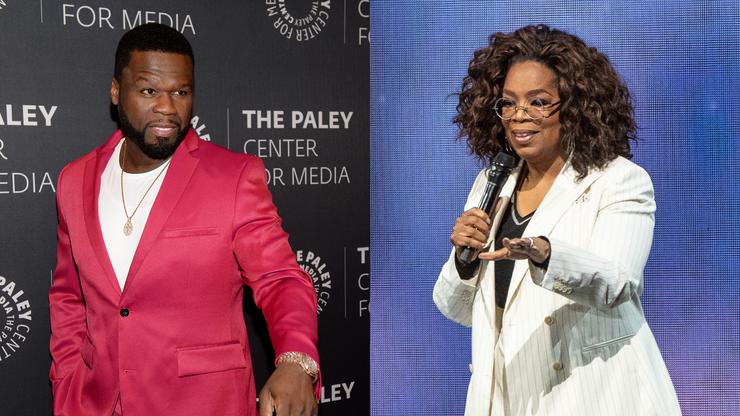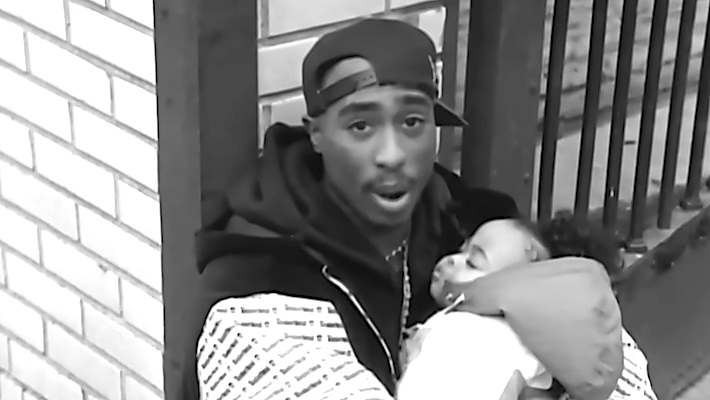50 Cent’s gone blow-for-blow with the best of ’em including Oprah.
is far from the same person he was when he emerged into the airwaves in the early aughts. The rapper was regarded as one of the most controversial figures in music with violent and misogynistic messages being fed into the ears of the youth. In comparison to some of the music coming out today, Fif was relatively PG but at the time, he was facing backlash from across the board including from one of the
50 Cent recently in an interview with The Guardian. Fresh off of the release of his new book, Hustle Harder, Hustle Smarter, Fif reflected on his feud with Oprah and how it ultimately impacted him. From a dealer in South Side Jamaica, Queens, he wanted to solidify his star status and prove to his grandma he has a legitimate career with an appearance on Oprah but she wasn’t interested.
“She was completely against everything that was in my music,” Fif said. “So she ain’t never going to have me on that show. I’m never going to reach that platform, which is confirmation of you being a huge success. So I just said: OK, if we can’t be friends, then at least let’s be enemies.”
Though we’ve seen the levels of Fif’s savagery through Instagram, he was equally as vicious back in the day. However, they would later patch things up but he never admitted that his lyrics may have been misogynistic.
“Well, no. Did you hear what I said? They are misogynistic, but the world is not under the same circumstances. Are you going to tell a painter what to paint? I’m an artist. Why am I limited to what you feel should be said? In film and television, they will show art imitates life. Are you not aware of those situations taking place?” He said, though he admitted this wasn’t how he phrased his feelings to Oprah.
“She never asked me the question in the way you did,” he continued. “The truth is, all things come from your experience. Like, I got shot nine times and I wrote music about it. Everyone writes something that can connect in a big way based on a painful moment, so you’re saying we’re not supposed to articulate or write it the way we experienced?”



